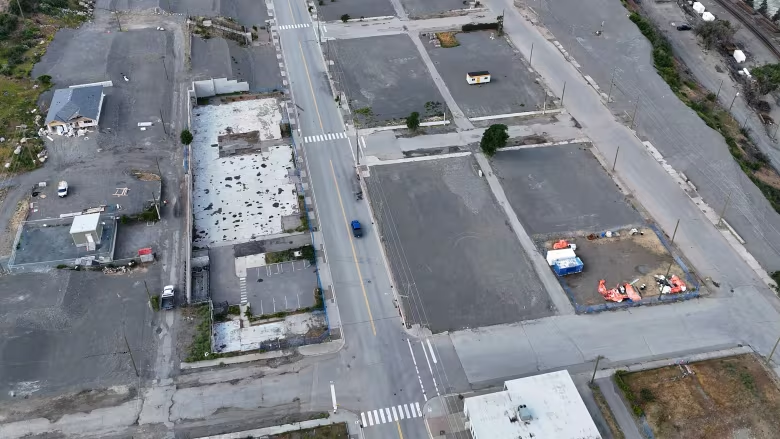Three Years and $239M Later, Lytton’s Recovery Remains Stalled
Lytton, B.C.— Despite a record $239 million in recovery funding, the town of Lytton, B.C., which was devastated by a fire three years ago, has seen minimal rebuilding progress. The fire, which struck on June 30, 2021, left most of the village in ruins. Today, only a handful of homes are close to completion, and approximately 15 building permits have been approved out of the hundreds needed.
The Funding and Delays
The Canadian federal and provincial governments allocated more than $239 million for Lytton’s recovery. This includes $120 million to the Lytton First Nation, $1.3 million to fast-track the construction of 20 homes, and additional funds to build over 175 homes through the Housing Accelerator Fund. The Insurance Bureau of Canada reported over $102 million in insured damages from the fire, and Canadian Pacific Kansas City railway contributed more than $1 million to aid the rebuilding efforts.
However, despite these significant financial resources, the pace of reconstruction has been frustratingly slow. The provincial Auditor General, Michael Pickup, is investigating the expenditure of over $41 million in provincial recovery funds, with a report due by September 1.
The Human Impact
For residents like George and Sharon Brown, elders of the Lytton First Nation, the prolonged displacement has been a source of deep anguish. After fleeing their home three years ago, they still reside in a temporary trailer. Sharon Brown expressed the pain of the community’s prolonged separation, stating, “We were scattered all over and we just hurt.”
Obstacles to Rebuilding
Several factors have contributed to the delays in rebuilding Lytton. The discovery of Indigenous artifacts on the site has necessitated extensive archaeological assessments, which are mandatory under B.C.’s Heritage Conservation Act. This process has been costly and time-consuming, with some residents receiving hefty invoices for the archaeological work. Sharon Brown, who refused to allow the sifting of her property, remarked, “They wanted the artifacts. I told them, that is my ancestors’. You cannot take it.”
Additionally, updated provincial building codes and requirements for homes to meet Net-Zero and fire resiliency standards have further complicated the rebuilding efforts. These stringent standards have increased construction costs and extended the timeline for obtaining building permits.
Community and Government Response
Mayor Denise O’Connor, who took office in 2022, has been vocal about the need for more experienced organizational support to manage the recovery process. She highlighted the significant impact of losing even a small number of residents in such a tight-knit community. The absence of a visit from Prime

